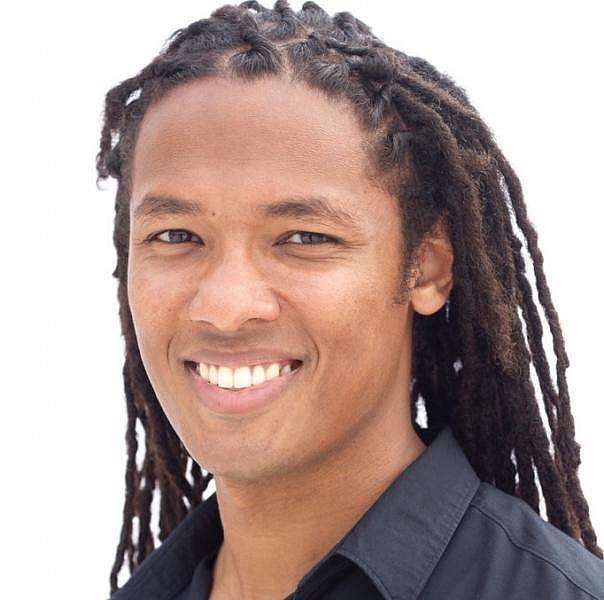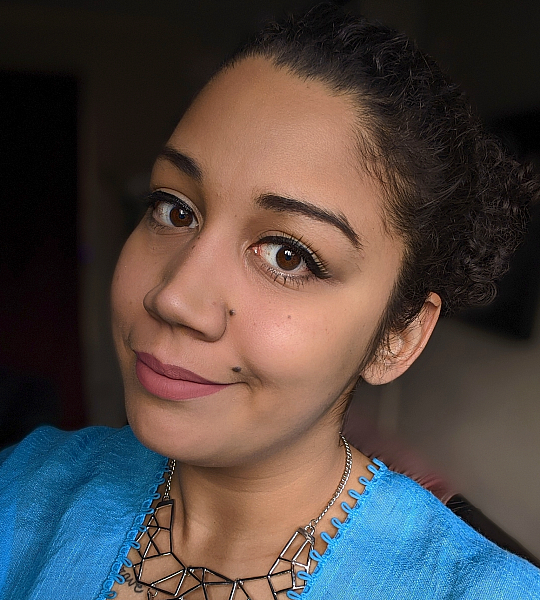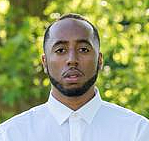What Comes Next for Public Safety?
There have been growing calls for U.S. cities to rethink how they police their communities in the wake of George Floyd’s killing and nationwide protests against police brutality and systemic racism against communities of color. The range of proposals is vast, from minor budget trims and calls for more transparency to defunding police departments and reinvesting those funds in a host of community services that can respond during crises and address underlying needs. For instance, the Minneapolis City Council unanimously voted to eliminate the city’s police department in favor of a new Department of Community Safety and Violence Prevention, while other cities have taken smaller steps, such as banning chokeholds or exploring proposals to use unarmed civilians for traffic stops. In this webinar, we’ll explore the various proposals to reform, defund or abolish police departments, with the broader goal of helping reporters understand and critically evaluate efforts playing out in their own communities. What have we learned from past efforts of police reform, and what’s the potential impact of current movements on community health and safety?
This webinar is free and made possible by The California Endowment.
Panelists

John Eligon is a national correspondent for The New York Times covering race, based in Kansas City. His work documents the nuances of America’s struggle with race issues, from the protest movement over police violence to the changing face of the nation’s cities and suburbs. His work has taken him to South Africa to cover the death of Nelson Mandela and Turin to cover the Winter Olympics. As a Metro reporter, he broke the story of a bail bonds scheme that left poor defendants unable to gain their freedom. He has authored a narrative of the life of a young black man in one of St. Louis’s most violent neighborhoods, and a series that followed a Detroit neighborhood over the course of a year as it worked to lift itself out of bankruptcy. He also helped lead the Times’s coverage of the police shooting of Michael Brown in Ferguson, Missouri. Born on the island of Trinidad and Tobago, Eligon moved to the United States as a young boy. A graduate of Northwestern University, he covered sports for a year at The Detroit Free Press before he was hired by The Times, where he covered sports for two years before moving into news. Eligon has run six marathons, is fluent in German, and loves to travel the world and try new restaurants with his wife.

Ebony Morgan is a crisis intervention worker for CAHOOTS, a mobile crisis response team in Eugene, Oregon that is a collaboration between the police department and White Bird Clinic, a local social services provider. The program responds to 911 calls for mental health and behavioral health crises that do not necessarily require police intervention. Motivated by the death of her father during a police encounter, Ebony joined CAHOOTS earlier this year. She previously has worked as a registered nurse.

Philip V. McHarris is a joint Ph.D. candidate in sociology and African American studies at Yale University. His research focuses on race, punishment, and policing, drawing on qualitative and quantitative methods. His dissertation explores the strategies that residents of a high-rise housing project in Brooklyn employ to foster safety and disrupt police violence. Philip is a recipient of the Ford Foundation Predoctoral Fellowship and the NSF Graduate Research Fellowship. He holds a B.A. in sociology from Boston College.
Suggested reading & resources
- “Cities Ask if It’s Time to Defund Police and ‘Reimagine’ Public Safety,” by John Eligon, The New York Times
- “Distrust of the Minneapolis Police, and Also the Effort to Defund Them,” by John Eligon, The New York Times
- “In Minneapolis, Looking for Police Recruits Who Can Resist Warrior Culture,” by John Eligon, The New York Times
- “No More Money for the Police,” by Philip V. McHarris, The New York Times
- “Community policing is not the answer,” by Philip V. McHarris, The Appeal
- “After Protests, Politicians Reconsider Police Budgets and Discipline,” by Dionne Searcey, John Eligon and Farah Stockman, The New York Times
- Where Do We Go from Here? Insights from Social Science? SPARQ, Stanford University
- “Reconciliation? Better Citizen Oversight? Experts Weigh In On How They Would Fix The LAPD,” by Leo Duran, KPCC
- “Yes, We Mean Literally Abolish the Police,” by Mariame Kaba, The New York Times
- “Qualified Immunity Protection for Police Emerges as Flash Point Amid Protests,” by Hailey Fuchs, The New York Times
- “African American mayors lay out plan for police reform without ‘defunding’,” by Tom Jackman, The Washington Post
- “The ‘abolish the police’ movement, explained by 7 scholars and activists,” by Sean Illing, Vox
- “California city moves to replace police with unarmed civilians for traffic stops,” by Sam Levin, The Guardian
- “Defund the police? Here’s what that really means.” By Christy E. Lopez, The Washington Post
- “The Case for Defunding the Police,” The Daily, The New York Times
- “Police reimagined: The future of public safety,” series from WHYY
- The Chicago Reader guide to police abolition
